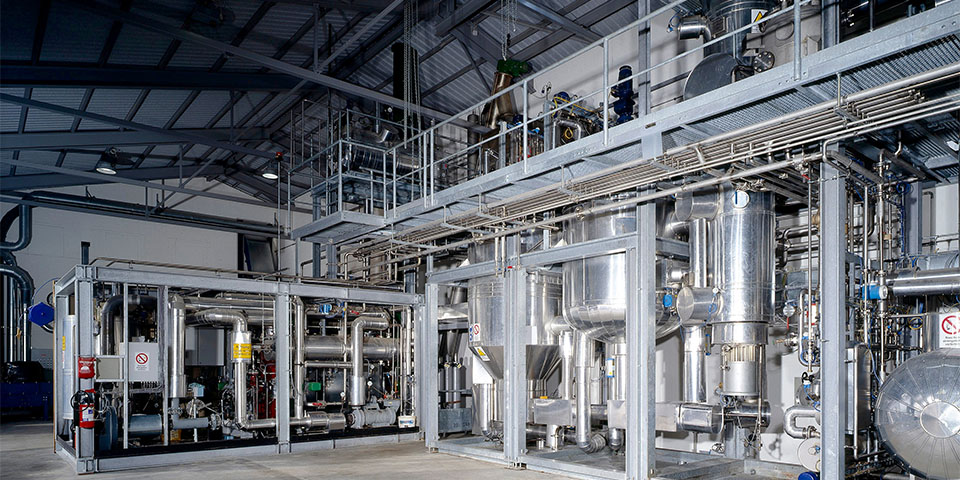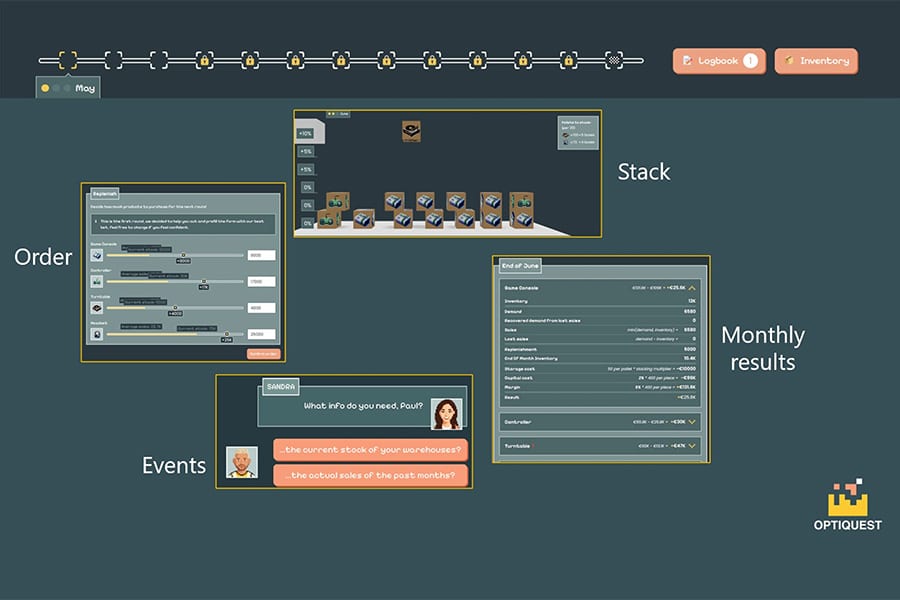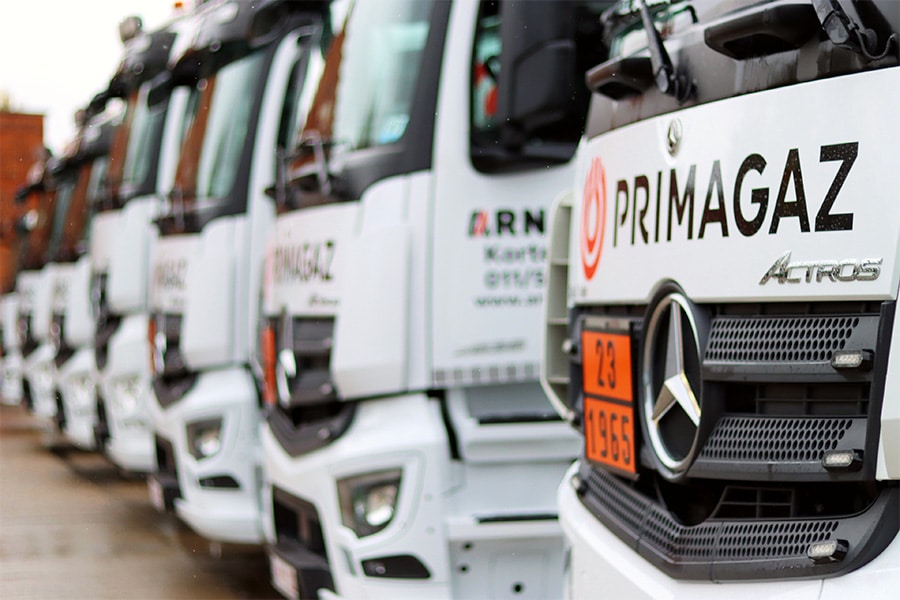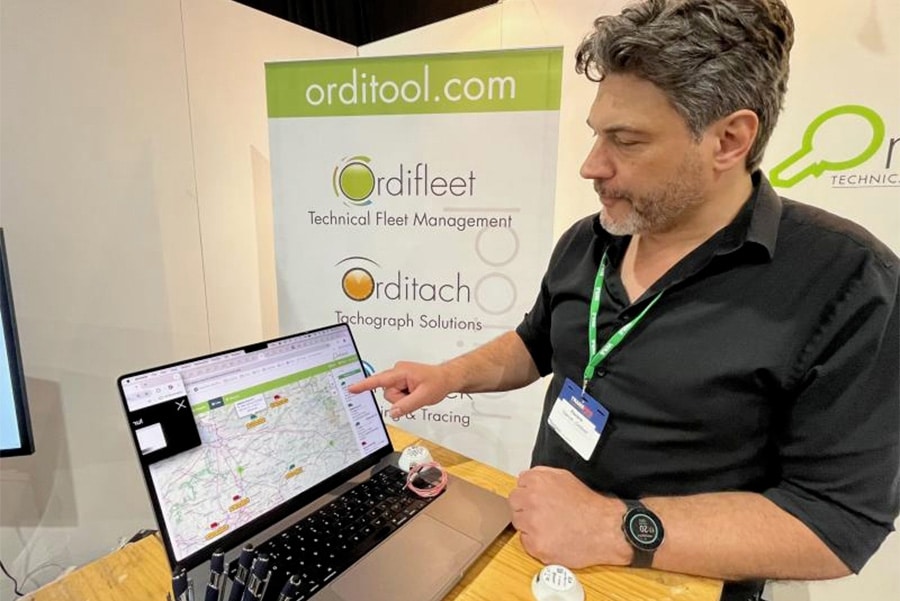
Renewable oil from plastic
Another step in the company's strategy that focuses on increasing CO2 saving and less environmentally damaging fuels. To that end, fuel supplier Den Hartog is participating in the Dutch-Belgian consortium that will build "the first cost-effective oil-out-plastic plant.
Powerful combination
The Dutch-Belgian consortium consists of contractor and technical services provider Joh.Mourik and subsidiary Petrogas, Den Hartog BV and Belgian waste processor RenaSci. With Mourik that has the patent on the new plastic-to-oil process with its business division BlueAlp, Petrogas that as a design and construction firm for the oil and gas industry is responsible for building the new plant, RenaSci that understands waste processing concepts and Den Hartog for marketing the final product. In this case, that is diesel that meets the EN590 standard.
Proven technology
The new recycling plant being built on the RenaSci site in Ostend will, starting next year, extract oil from plastics that are difficult to process, thus producing CO2-emitting diesel fuel. These plastics, such as agricultural plastics and foils, are currently incinerated or landfilled. The BlueAlp technology has already proven itself in a pilot plant in Switzerland. Every year, a total of 120,000 tons of waste arrives in Ostend, which is separated for reuse. The oil-out plastics plant is part of an overall waste treatment ecosystem. The Ostend plant has an annual processing capacity of 21,000 tons of waste plastic that would otherwise have to be incinerated or landfilled.
Business Strategy
The concept is so interesting because all the waste that comes in is turned back into a product, thus further fulfilling Den Hartog's business strategy of increasing CO2 saving and less environmentally damaging fuels.
Minimizing environmental impact
These fuels will have a place in the CO2 Saving Diesel line from Den Hartog. Within this line are several CO2 saving fuels can be found including high blends of biodiesel that meet all standards. These fuels can produce up to 89% of CO2 savings. Buyers of this emission-saving "diesel" are mainly parties in the business-to-business market: Especially companies that need to score on MKI values (Environmental Cost Indicator) and companies that focus sharply on CO2 savings. Examples include transportation companies and road builders.




